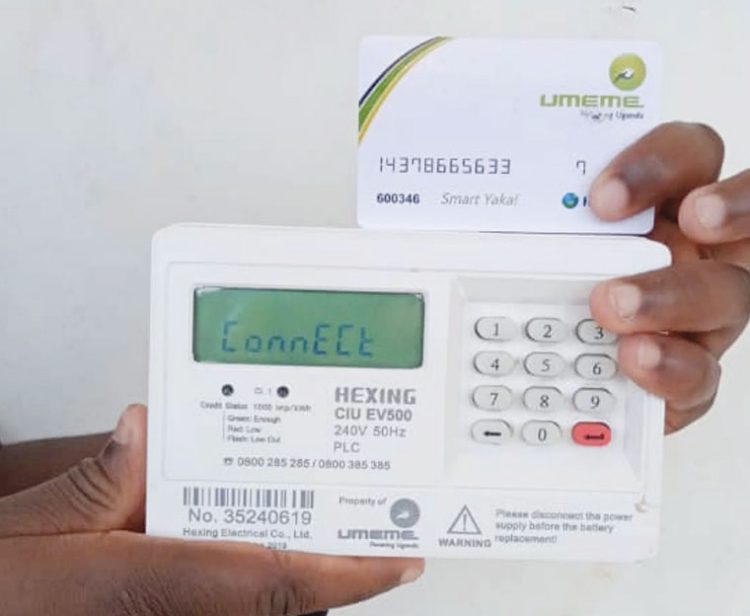By Our Reporter,
KAMPALA
The Electricity Regulatory Authority (ERA) Chairperson, Dr. Sarah Kanaabi Wasagali, has announced a significant 5.2% reduction in electricity tariffs for the first quarter of 2025, running from January to March. The reduction will lower electricity costs across all consumer categories, saving the sector and economy UGX 155 billion.
Under the new tariffs, domestic consumers will pay UGX 606.2 per unit, down from UGX 803.0. Commercial consumers will pay UGX 575.2 per unit, while medium manufacturers will pay UGX 417.8. Large manufacturing industries will be charged UGX 351.5 per unit, and service-based industries will pay UGX 367.1. Extra-large industries will now pay UGX 299.1 per unit, while the newly introduced public amenities tariff, covering street lighting and public hospitals, will be set at UGX 360.0 per unit.
Dr. Wasagali attributed the reduction to an anticipated annual demand growth of 10.4%, with increased energy purchases by the Uganda Electricity Transmission Company Limited (UETCL). Additionally, the conclusion of Umeme Limited’s concession agreement on March 31, 2025, and the commissioning of the Karuma Hydropower Plant will contribute to the 2025 energy generation mix, further stabilizing costs.
“Quarterly tariff adjustments will continue to consider inflation, exchange rate fluctuations, international fuel prices, and other approved costs,” Dr. Wasagali stated. She also introduced structural changes, including subdividing medium and large industrial categories into manufacturing and service-based segments. The domestic cooking tariff of UGX 412 per unit for consumption between 81kWh and 150kWh per month remains unchanged.
Energy Minister Ruth Nankabirwa lauded the tariff reduction as a critical step toward affordable electricity. “This achievement underscores the government’s commitment to supporting industrialization, socio-economic transformation, and the well-being of Ugandans,” she said.
The minister also commended ERA for introducing the public amenities tariff category, which will directly benefit essential public institutions, including referral hospitals, further supporting national development goals.








































